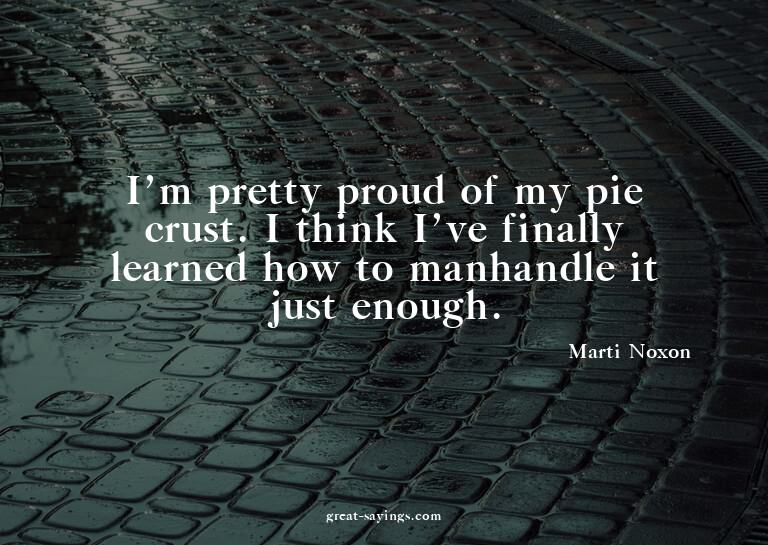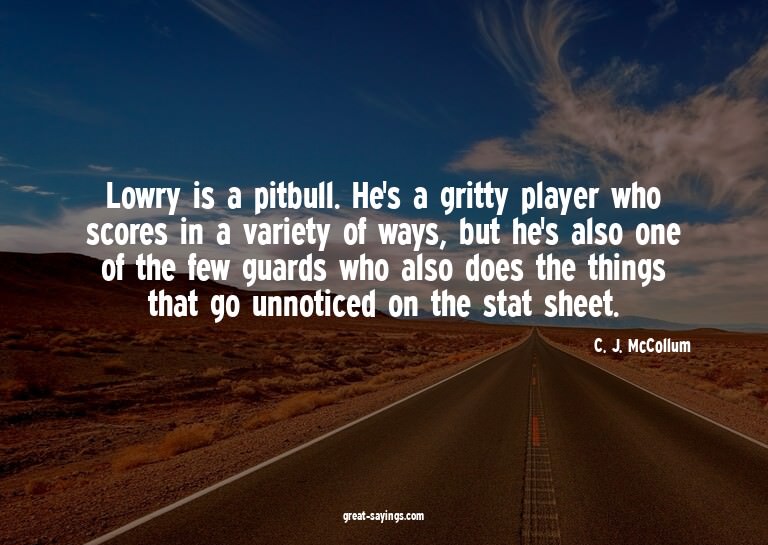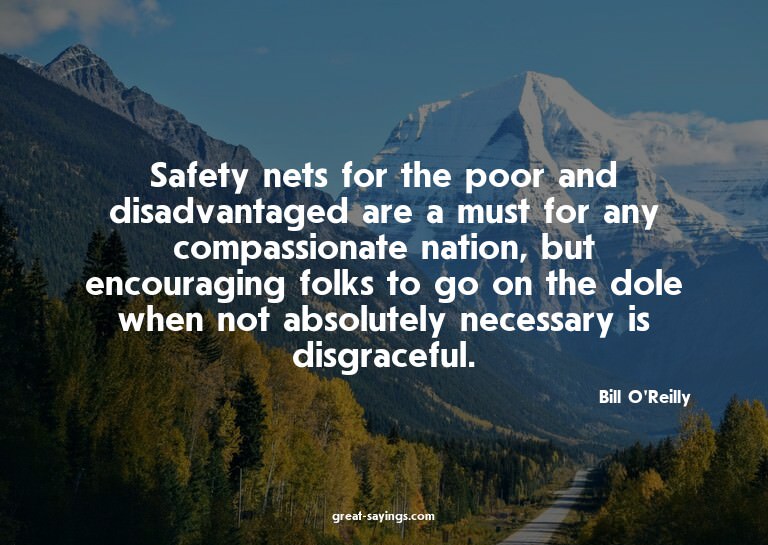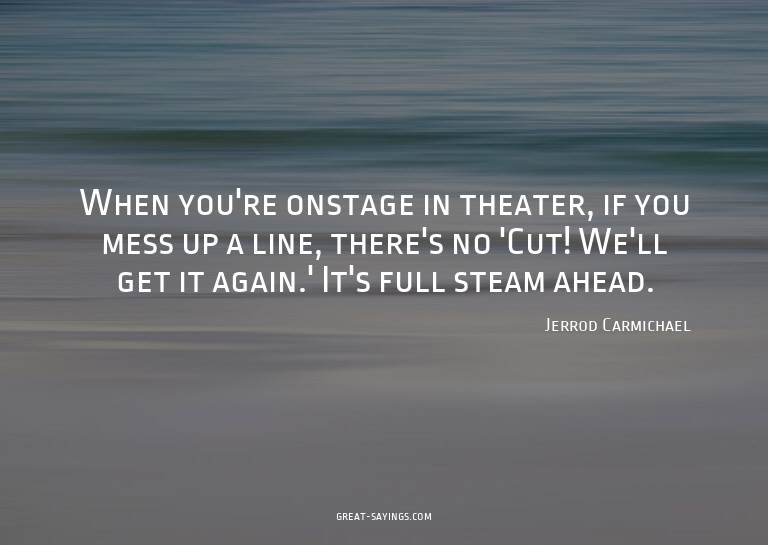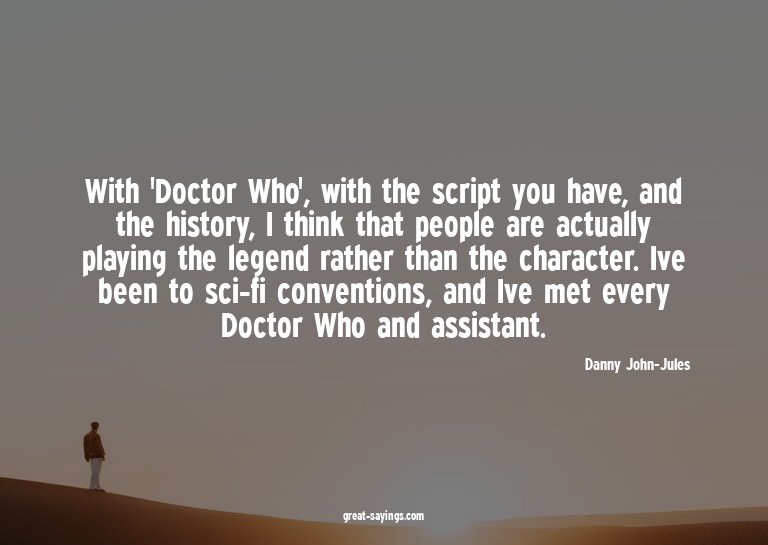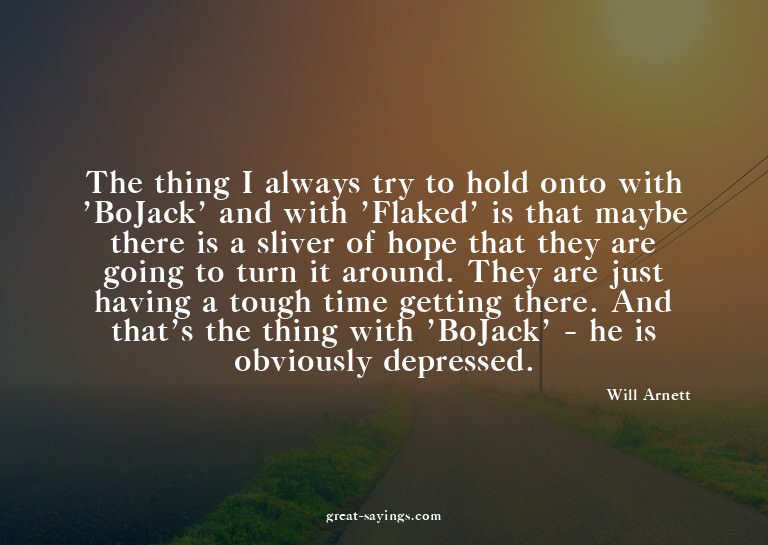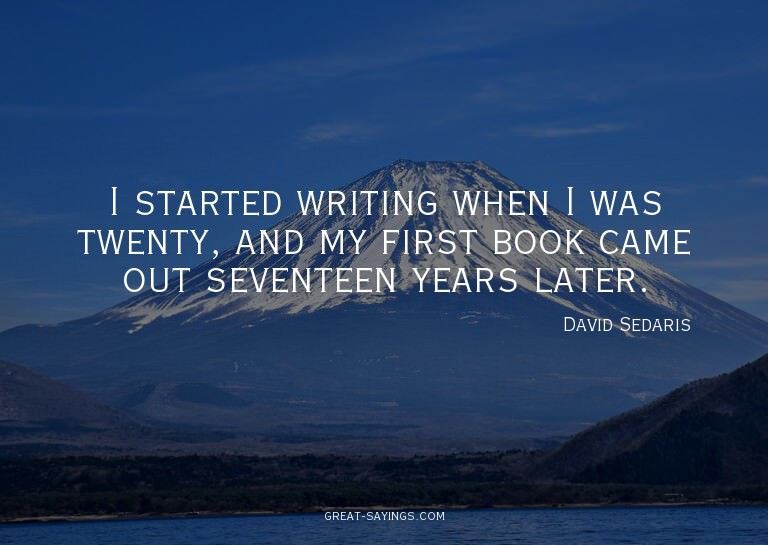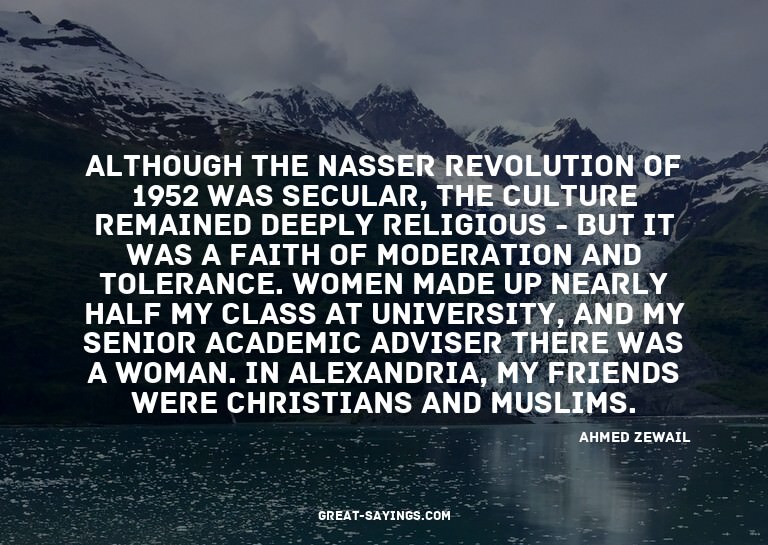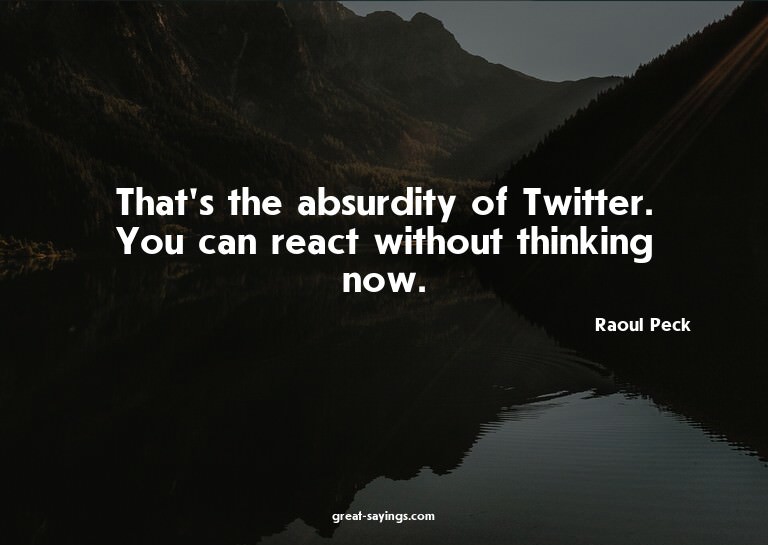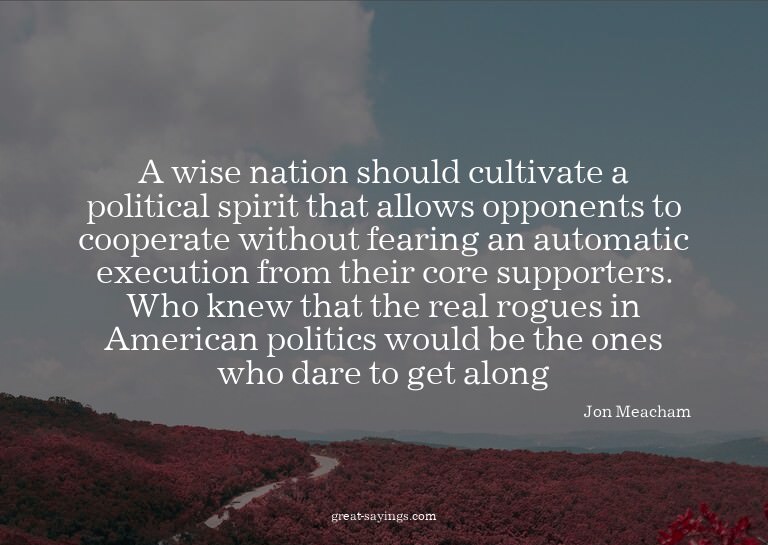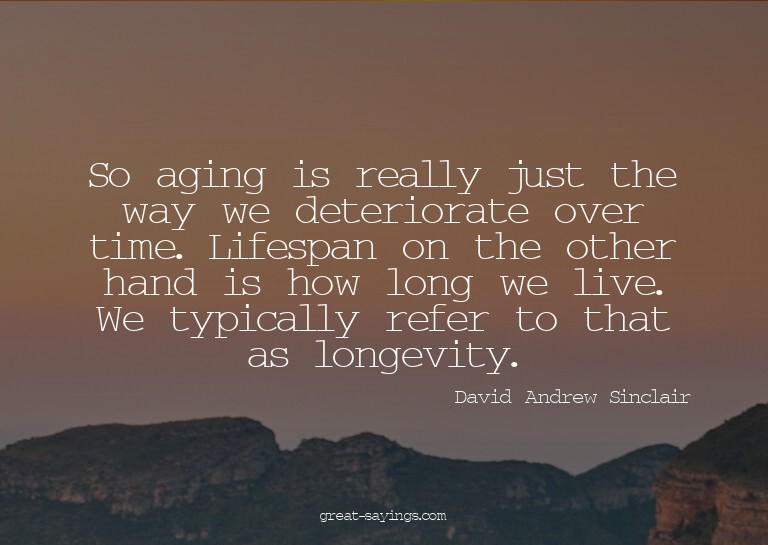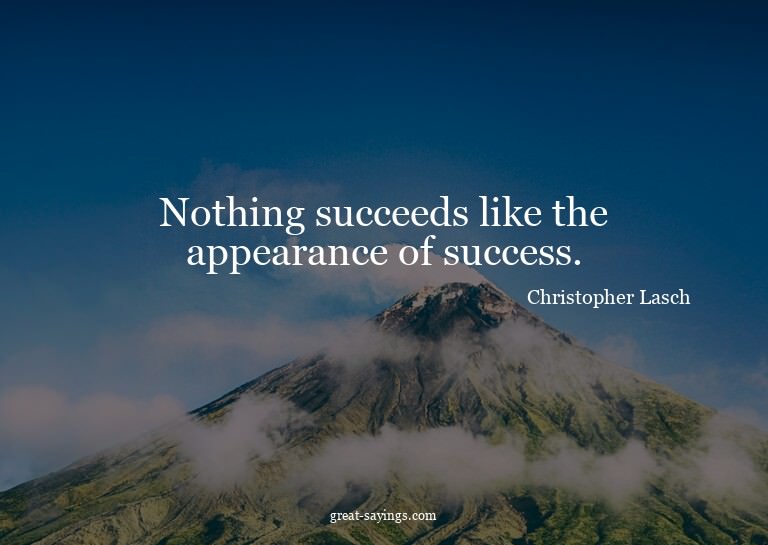Words matter. These are the best Berkeley Quotes from famous people such as Ruth Reichl, Colman Domingo, Suze Orman, David Sheff, Kurt Fuller, and they’re great for sharing with your friends.
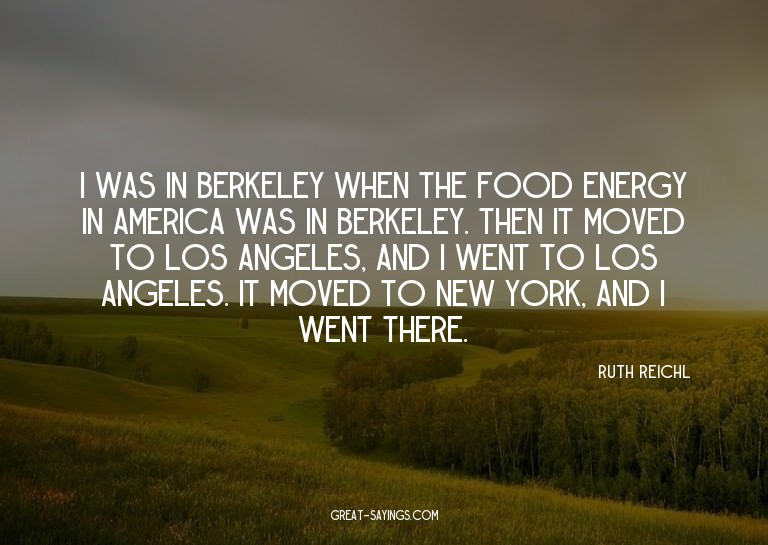
I was in Berkeley when the food energy in America was in Berkeley. Then it moved to Los Angeles, and I went to Los Angeles. It moved to New York, and I went there.
I missed my entrance in a production of ‘Blade to the Heat’ at Thick Description in San Francisco. I came into the scene very late and hugged the punching bag. I had no idea what to do! Unfortunately, that mishap was recorded for archives at UC Berkeley. It goes down in history.
For seven years after college, I was a waitress at the Buttercup Bakery in Berkeley, and from there I got a job at Merrill Lynch as an account executive, from where I went to vice president of investments for Prudential-Bache Securities. I started my own firm in 1987.
Nick spent his first years on walks in his stroller and Snugli, playing in Berkeley parks and baby gyms and visiting zoos and aquariums. His mother and I divorced when he was 4. No child benefits from the bitterness and savagery of a divorce like ours.
You don’t go to Berkeley to become an actor. In fact, I don’t think you go to any school to become an actor. You’ve just sort of got to go out there and act.
My parents met when they were graduate students at UC Berkeley in the 1960s. They were both active in the civil-rights movement.
I liked Berkeley tremendously, Berkeley was a very leftist campus. I came to love that city as much as I love Paris or the south of France or New York.
I got my Equity Card from Berkeley Rep when I was 22 years old. I was cast in David Saar’s ‘The Yellow Boat.’
Sometimes I can think of nothing more blissful than going to Berkeley and reading Byron for three years.
Having recorded his first album, ‘Tapestry,’ in 1969, in Berkeley, California, during the student riots, McLean, a native New Yorker, became a kind of weather vane for what he called the ‘generation lost in space.’
Whenever I tell people in Berkeley, Calif., where I live, that I’m headed to the beach in Alabama, they are shocked. Most people outside of the Gulf Coast have no idea that Alabama has beaches – even though if you look at a map of Alabama, there is a part of it that looks as if it should belong to Florida.
Back in the ’70s when my friends in California were at Berkeley, in-state tuition was around $700 a year.
I like living in Berkeley, but I know Berkeley’s not the world.
A large number of students around the world don’t really have access to high quality education. So, launching EdX allows students all over the world to have much better access to a high quality education from a university such as Harvard, MIT, Berkeley and others as we add more universities.
At the very top state institutions, like UCLA, Berkeley and the University of Texas, however, the trend of downward minority enrollment remains persistent and discouraging.
Berkeley hackers liked to see themselves as rebels against soulless corporate empires.
It took me a couple of years after I got out of Berkeley before I dared to start writing. That academic mind-set – which was kind of shallow in my case anyway – had begun to fade.
One of the reasons I came to Berkeley was because I saw so many students of all different colors speaking so many different languages and ferociously presenting all these different views. I thought, this is the 21st century and I want to be here!
The early 1960s, when I started my graduate studies at UC Berkeley, were a period of experimental supremacy and theoretical impotence.
At Berkeley I had my first encounter with real professional scientists.
I was a grad student at UC Berkeley when I bought my Apple II and it suddenly because a lot more interesting than school.
My sister is a good story of resiliency. She had a full ride at UC Davis, but she left school to go to the Philippines – and then she decided to go back to school in her 40s, which surprised me. She went to UC Berkeley, and I think she was one of two African Americans in her class at Haas. She’s really impressive.
I remember the excitement of finding a great pancake recipe in ‘Gourmet.’ It felt as if it were mine. And it was Berkeley, of course – everybody cooked together. Cooking is what one did.
I was studying architecture at Berkeley when my father passed away in 2007. We knew he had cancer, but we didn’t expect it to escalate so rapidly. In my mind, it was like, ‘He’ll pull through.’ When he didn’t, I didn’t understand. I was 21, and my best friend had died.
Carbon nanotubes are amazing because they’re really good electrical conductors, yet they are only a few atoms in diameter. You can make transistors out of them in the same way you can with silicon. At Berkeley, we made the narrowest device anybody had ever made. It was basically a single molecule.
I went to school for singing, middle school at LaGuardia High School. Followed by Berkeley College of Music and afterwards I went to acting school at the Neighborhood Playhouse for Theater.
When I was doing ensemble theater and comedy work, I felt I had some talents. But when I started doing my shows in Berkeley and found that I could be funny on my own, I was shocked.
The funniest thing is not who influenced me positively, but who influenced me negatively. I had such an aversion to what Busby Berkeley did; in my early formative years, I thought it was terrible. Now, I think it’s wonderful. But then, I wanted to do anything but what Busby Berkeley did.
I’m from Berkeley, so I don’t really aspire to a lot of glitzy stuff. But things like having a home that I’m comfortable in or leasing a car that I’m comfortable in, basic everyday kind of stuff, I will splurge for that.
Being a mayor was an awesome, difficult job. Being the chair of the Armed Services Committee was perhaps the most incredible time in my life, because I got up one morning, and the peacenik from Berkeley was chair of the Armed Services Committee, and it was the greatest – one of the great challenges of my life.
Bishop Berkeley destroyed this world in one volume octavo; and nothing remained, after his time, but mind; which experienced a similar fate from the hand of Mr. Hume in 1737.
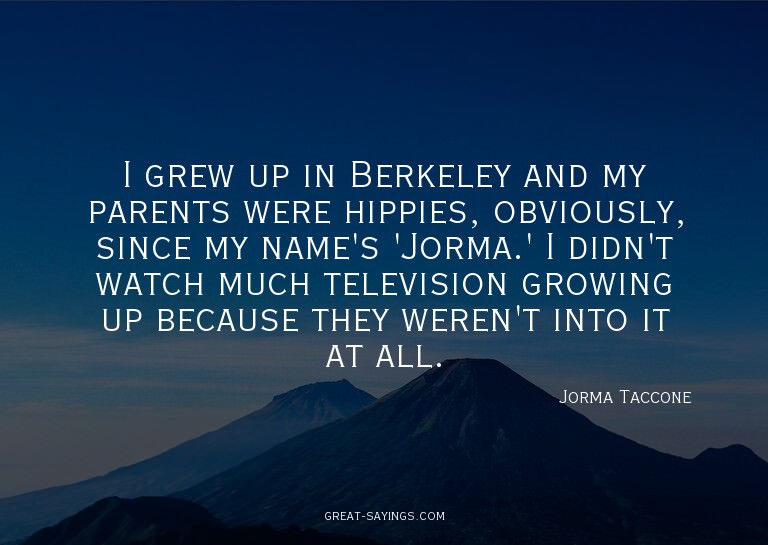
I grew up in Berkeley and my parents were hippies, obviously, since my name’s ‘Jorma.’ I didn’t watch much television growing up because they weren’t into it at all.
When I first started teaching at Berkeley in 1958, I could not announce that I was gay to anybody, though probably quite a few of my fellow teachers knew.
I majored in Computer Science at U.C. Berkeley and worked as a software developer for a couple of years. Then I taught high school computer science for over a decade and a half in Oakland, California.
My first concert – maybe it was 1979 – was a blur. I’m not sure whether it was Blue Oyster Cult/Cheap Trick/Pat Travers at San Jose Civic Auditorium or The Police/The Knack/Robert Johnson at Berkeley’s Zellerbach Auditorium.
Michael Berkeley’s ‘Sonata’ is very – what can you say – melodious.
My dad worked for a generator company and then UC Berkeley, and my mom was as a dental hygienist and then eventually a history teacher. My uncles and aunts, all of them are elementary school teachers or scientists.
Real silencing occurs when a conservative tries to speak at a liberal university like Berkeley, and the party of anger and violence acts on their hatred when a police department says we can’t protect a Republican speaker.
I did not grow up in the 70s but in the 80s in the Bay Area, the child of hippies in Berkeley, so I felt connected to the place and the legendary things that had come before me historically that I’d missed.
I’m from Berkeley, California, so I’m fully trained in socialism and all, but basically what they teach you there is markets are efficient and we can’t beat them, so we might as well index.
My name is Matthew Walker, I am a professor of neuroscience and psychology at the University of California, Berkeley, and I am the author of the book ‘Why We Sleep.’
I started Softbank in 1981, a year and a half after I came back from the United States, after graduating from Berkeley. I wanted to start my own company when I came back to Japan.
I really appreciate the many neighbourhoods of Berkeley. There is still the butcher, the baker and the candlestick maker. And it has the University of California, which is the greatest gift, to my mind, to be close to it. It keeps the place alive.
I went out to California; I was pursuing my degree in genetic engineering and civil law at U.C. Berkeley, and I had to pay my way through school. I eventually got a scholarship, which was great, but in the beginning, it was very hard.
I used to go and cop stacks of blanks CDs and sit there and burn copies of my mixtapes and print up my own mixtape covers and post up in downtown Oakland and Telegraph in Berkeley and literally was selling my mixtapes for five bucks, hand-to-hand.
My perspective of capitalism growing up in Berkeley, Calif. in a low-income project, growing up poor, is that capitalism wanted to destroy me, they wanted me to become a worker.
I survived only a year in Berkeley, partly because I declined to sign the anticommunist loyalty oath.
This preparatory sort of idealism is the one that, as I just suggested, Berkeley made prominent, and, after a fashion familiar. I must state it in my own way, although one in vain seeks to attain novelty in illustrating so frequently described a view.
Pages: 1 2

